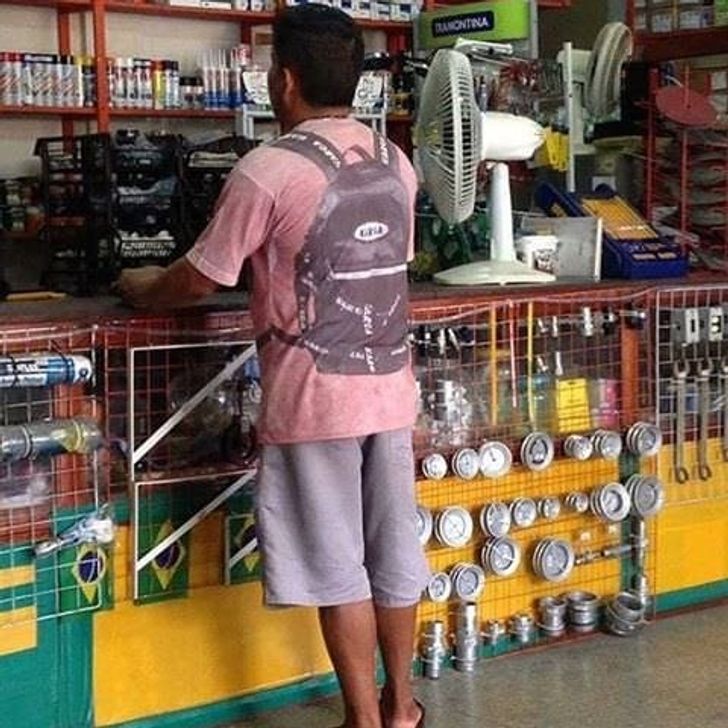Some amazing “trick” photos can be produced by combining ideal lighting with the right location at the right moment!
A man in a nice swimsuit
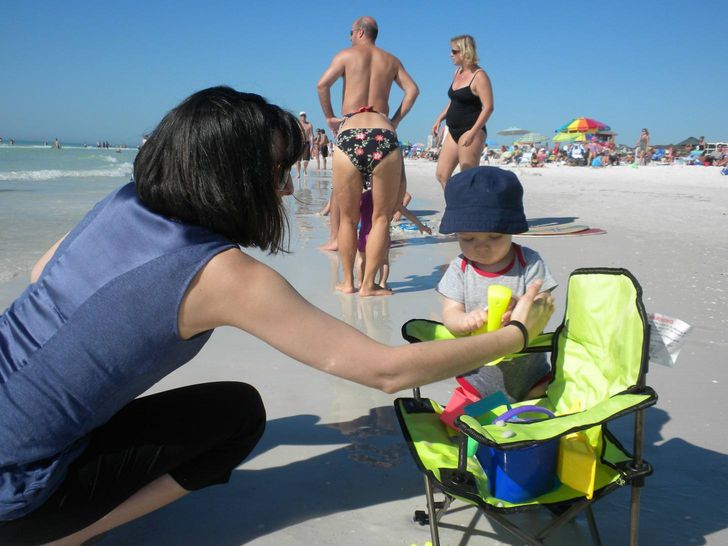
When bearded guys look up:

“Looks like my ex.”
Darth Vader is back. Does it make the same sounds?
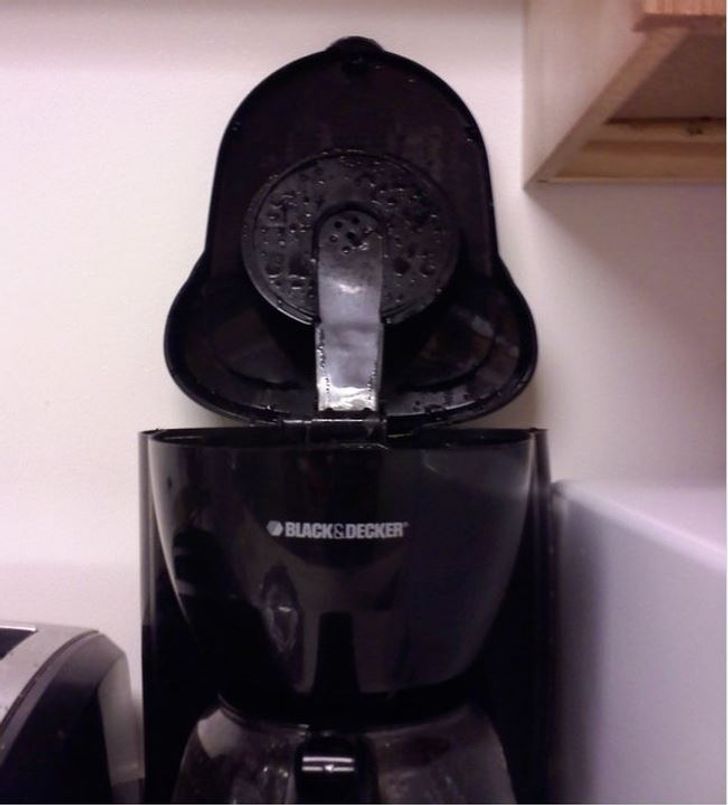
“What did this palm tree find out?”

Did you think that this was toothpaste too?
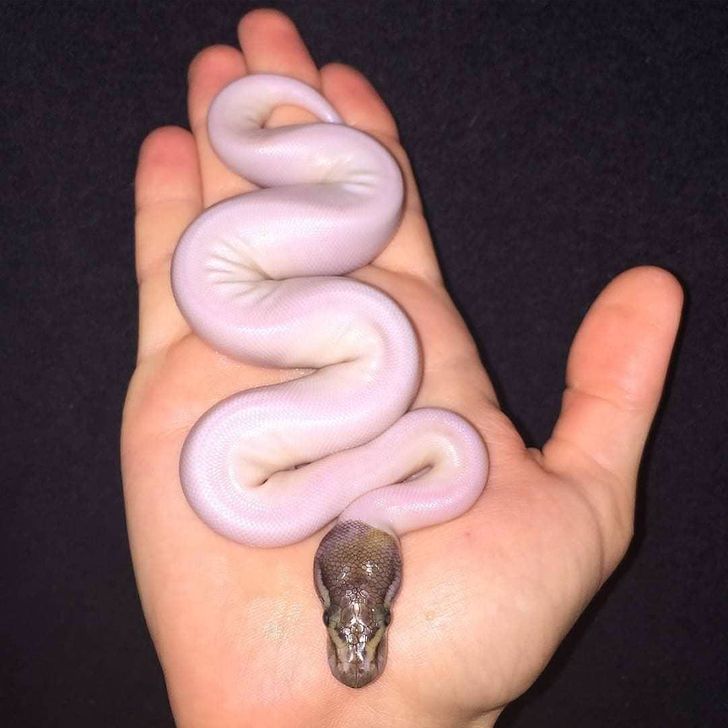
Industries polluting the clean air

“The bottom of my eraser looks like a painting of birds in front of a row of trees.”

Giant pigeons
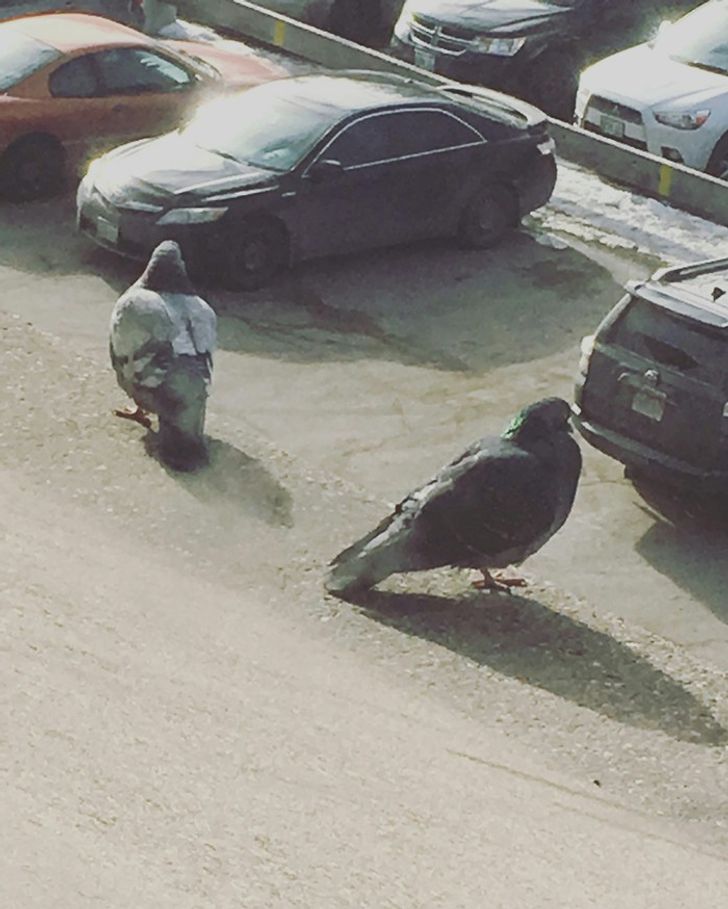
“I hope it’s just an illusion.”
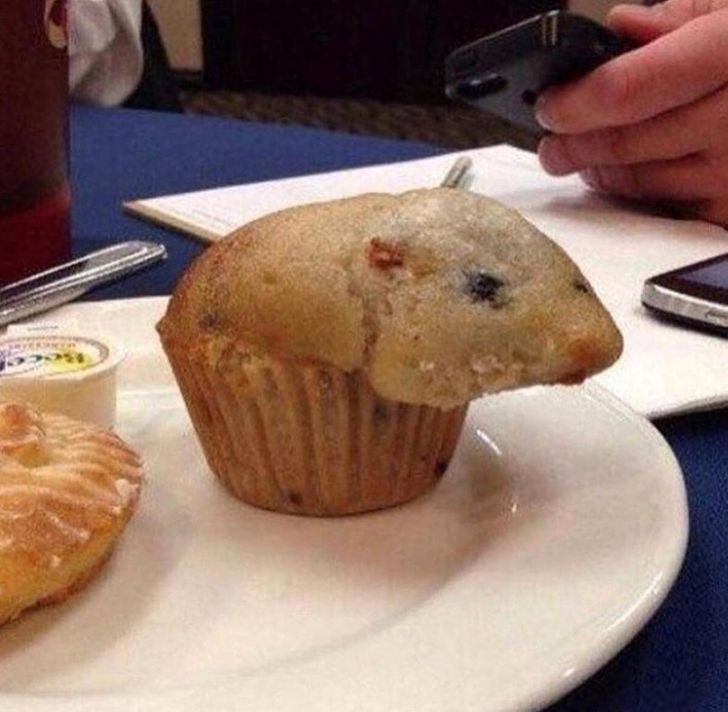
This cat has fur eyes above its real eyes:
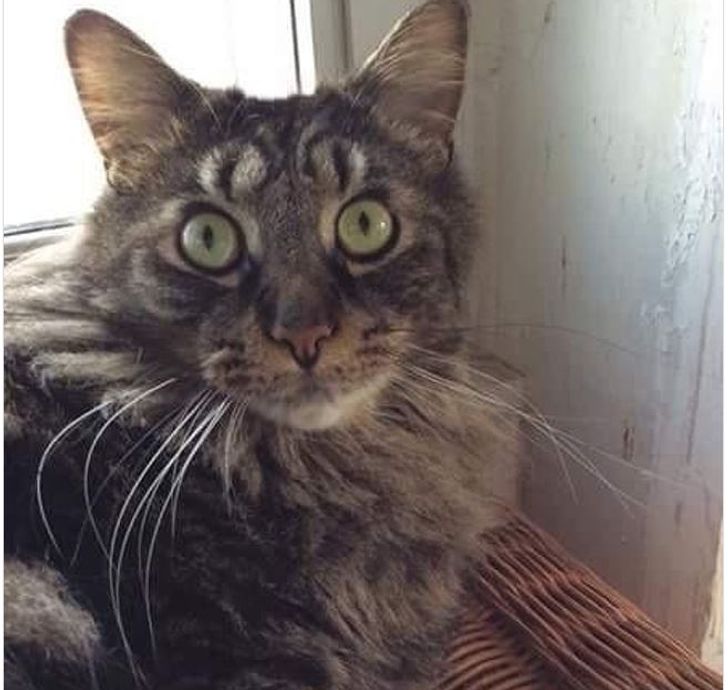
“Ducks will start to melt at 90°F.”
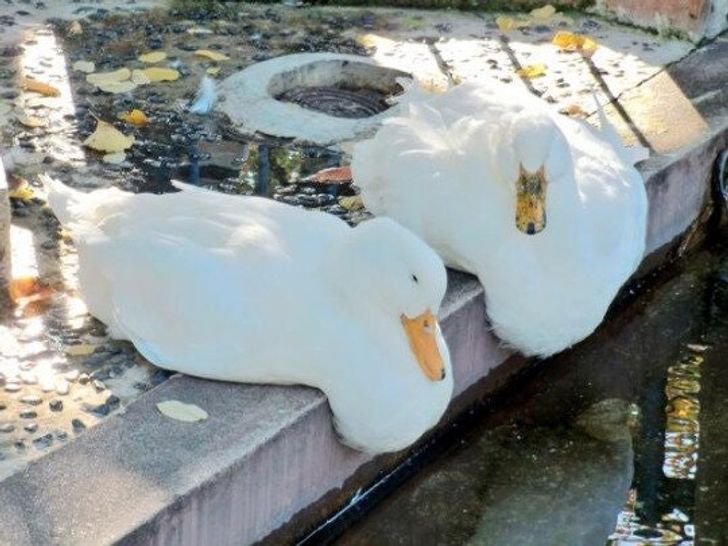
“This truck carrying rolls of plastic looks like Cookie Monster.”
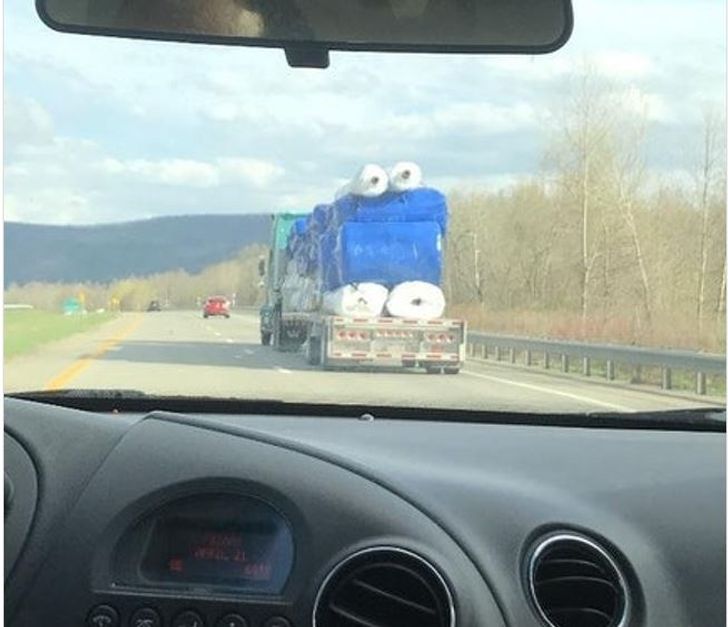
Great muscles!
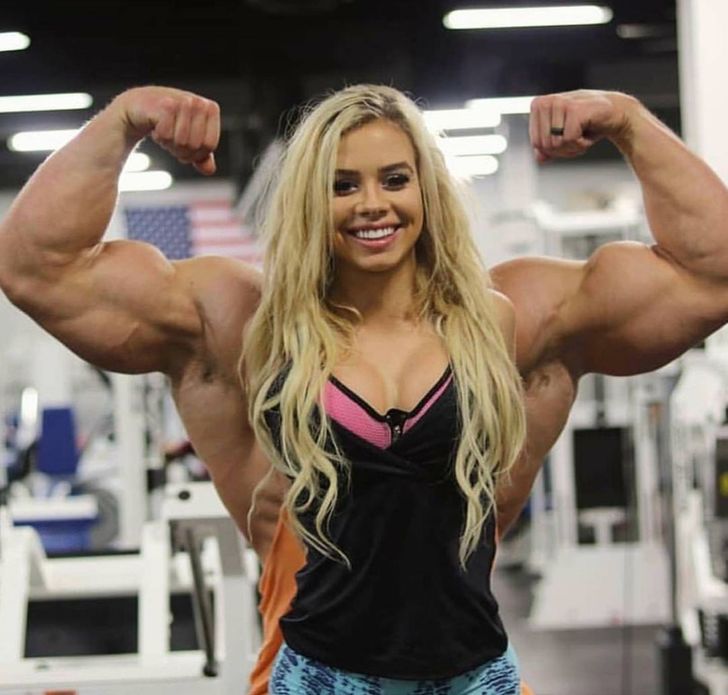
Don’t call the fire team just yet…

This is too cruel:
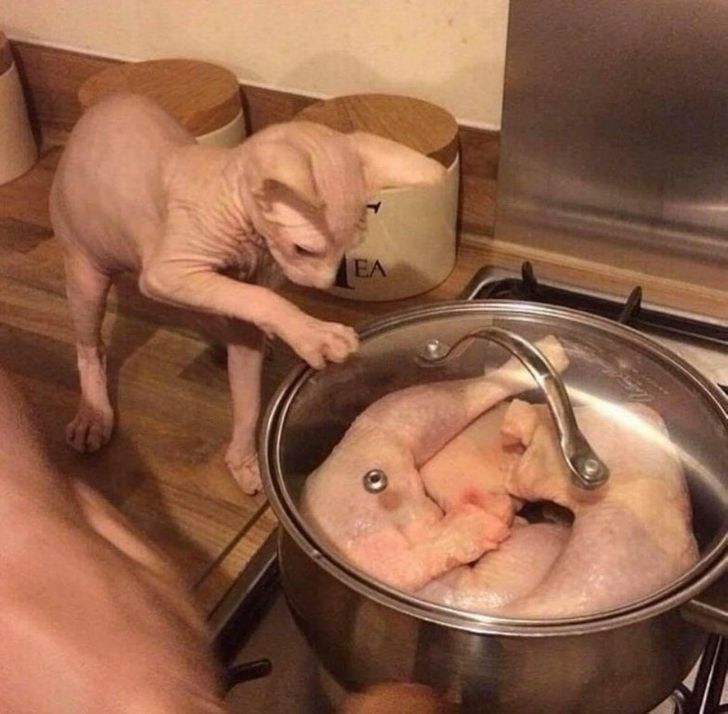
Don’t confuse them!
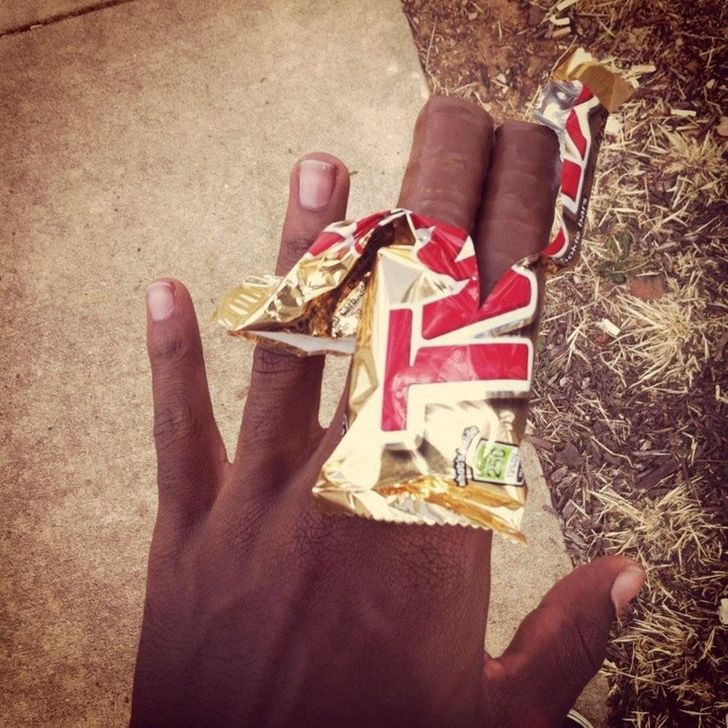
This backpack is very light, but what do you need it for?
